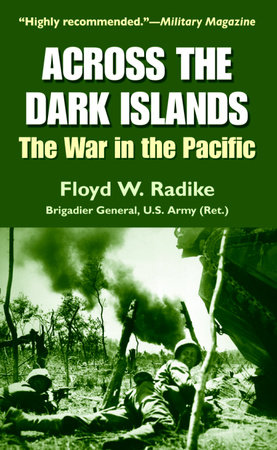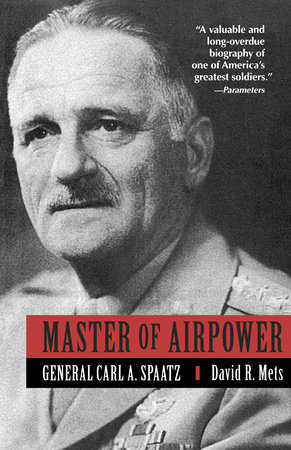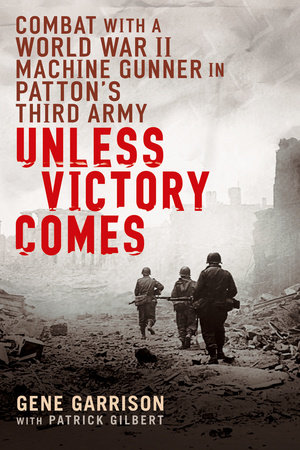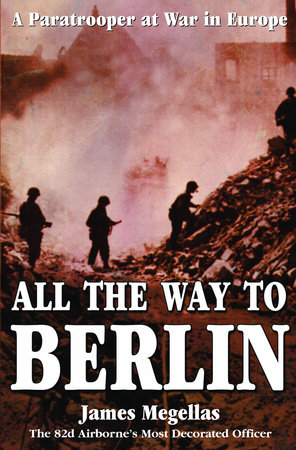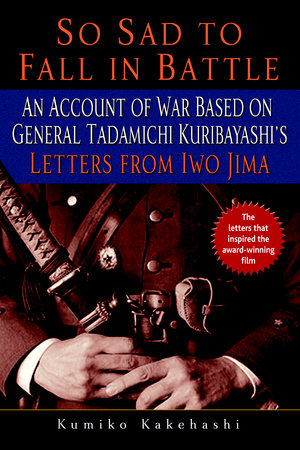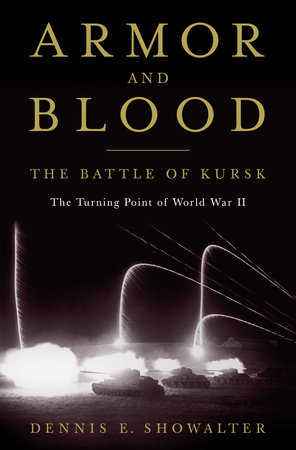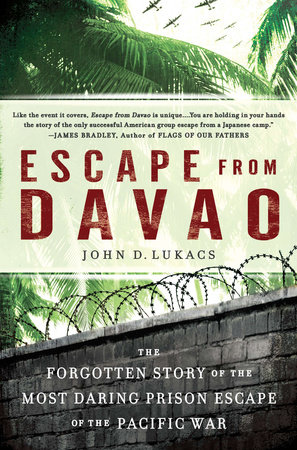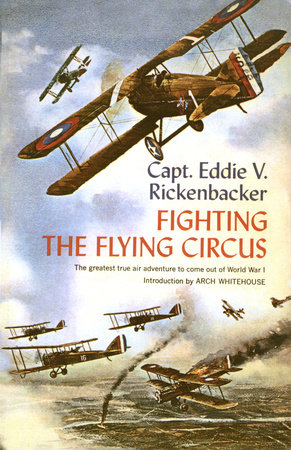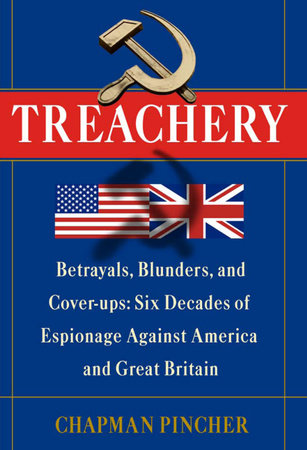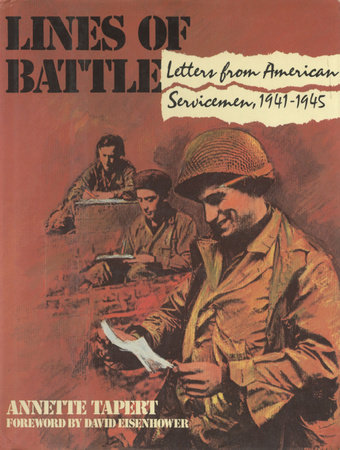ACROSS THE DARK ISLANDS
The War in the Pacific
Floyd W. Radike
Brigadier General, U.S. Army (Ret.)
“I remember sitting in a foxhole on Guadalcanal in the rain. The sergeant I shared the hole with shook his head and asked me: ‘What in the hell are we doing on this godforsaken island? Why don’t we let the Japs keep this stinking rock?’ I didn’t have an answer.”
The war in the Pacific has never been portrayed more honestly—or in prose more powerful—than in Across the Dark Islands. In this unflinching account, Brig. Gen.Floyd W. Radike remembers how he started his military career in the mud and mayhem of Guadalcanal, fighting a campaign as crucial to the war’s outcome as it was chaotic and cruel.
Here is no whitewashed view of that war or the men who waged it. Here instead is the sobering story of a junior officer in a National Guard unit suddenly shipped off to the front lines, disdained by “regular army” elitists who served beside him, and given second-class status so that others could earn headlines and promotions. While struggling to survive amid dirt and disease, routine and monotony, Radike endured harrowing missions incompetently, arrogantly, or just impatiently planned.
As no book ever has, Across the Dark Islands reveals shocking details removed from myth and sentimentality: how American commanders were intimidated by the Japanese stereotype of fearlessness, night attacks, and cries of “banzai” . . . how imitations of John Wayne heroics caused immediate death . . . threats of court-martial quieted accusations of Army injustice . . . and panic and flight destroyed a fight for the enemy’s Munda Field airstrip, an event that “disappeared from the record and appears in no official history.”
Emerging from the hellish conditions and military miscalculations is a tribute to common sense, courage, and respect for proper procedure, attributes that would help the author and soldiers like him to save their lives, succeed in battle, and win the war. From Guadalcanal to the Philippines to a planned invasion of Japan ended by the atom bomb, General Radike’s experience spanned the entire course of the pivotal Pacific theater conflict. Candid and cautionary, his memoir is an important work whose writing rivals that of classic novels like James Jones’s The Thin Red Line and Norman Mailer’s The Naked and the Dead. It should be read by anyone looking to join an army or wage a war.
